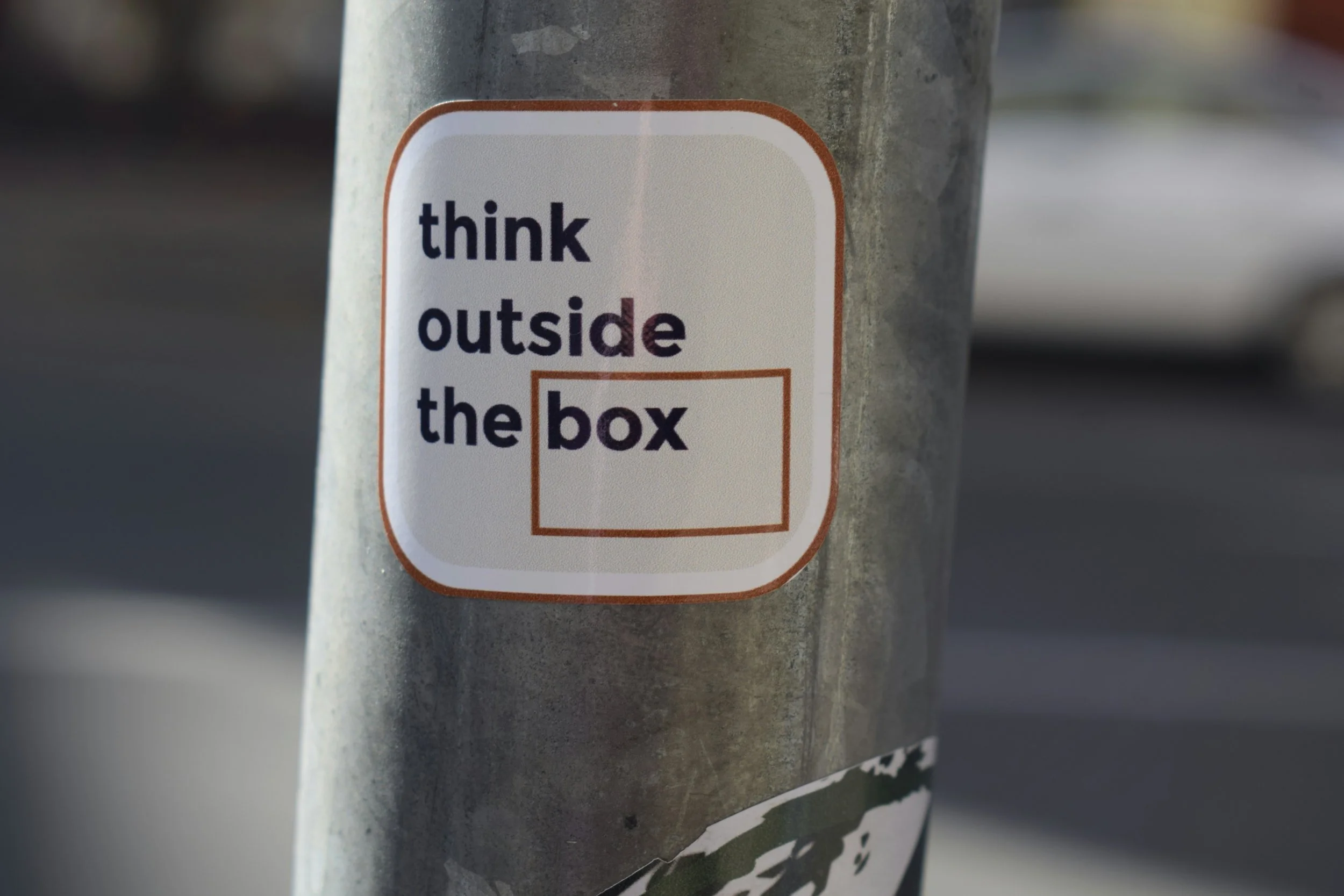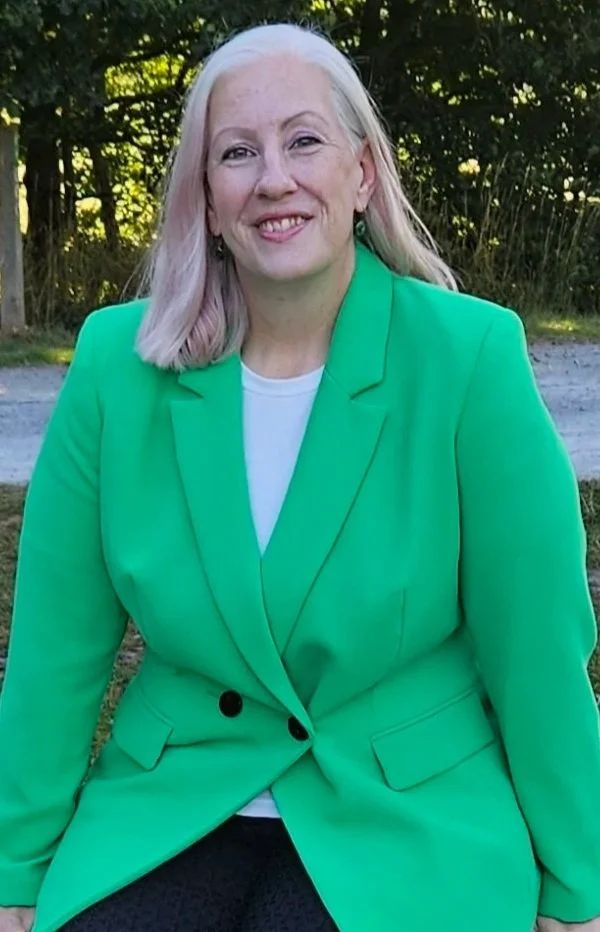Why Don’t We Question What We’re Told?
It often strikes me how easily we, as a nation, accept what the mainstream media chooses to place in front of us. Switch on the telly, scroll through your phone’s feed, flick through a paper in the supermarket queue, and the headlines are neatly packaged, with loaded opinions all wrapped up in a bow, ready for us to consume. A bit of outrage here, a tear-jerking story there, and before long, you’ve picked a side without necessarily asking whether it’s the right one.
I’m not saying the media doesn’t serve a purpose. Of course it does. It informs us, it sets an agenda, it can even hold power to account. But it can also lull us into a sense of passivity. When something is repeated enough times across enough channels, we start to accept it as truth, even if it’s never been challenged or tested.
Take political coverage. Ever noticed how certain newspapers swing to one side or the other, sometimes with incredible force?
A scandal involving one party becomes front-page news for days. A similar scandal in the opposing camp barely gets a mention. The public outrage (or lack of it) follows suit. It’s a dance choreographed for our attention, and we play along without paying attention to who’s playing the tune.
Then there’s the way economic stories are presented. A rise in inflation might be dressed up as a necessary evil, softened by tales of ‘green shoots’ just around the corner. Cuts to public services are described as ‘belt-tightening measures’, like we’re one big household pulling together rather than a society where those least able to tighten their belts are the ones who suffer the most. Such language shapes our perception before we’ve even had the chance to think critically about what’s actually happening.
Why do we let it wash over us? Is it convenience? After all, life is busy enough. Who has the time to go trawling through alternative sources, fact-checking and comparing perspectives? It’s far easier to absorb what’s on the front page of the BBC or the Daily Mail app than it is to go digging into the data behind the headline.
There’s also a psychological comfort in belonging to the majority view. If ‘everyone’ seems to be outraged, we feel reassured when we join in. If ‘everyone’ is quietly nodding along, few of us want to be the awkward voice asking questions. Critical thinking takes a certain amount of bravery, because it often places you outside the crowd, and that’s not where most people want to be.
I’ve also wondered whether we’ve simply lost confidence in our ability to interpret the world for ourselves. We outsource our judgment to experts, commentators, columnists…and now, machines. We let them do the heavy lifting and tell us what to think. It’s easier to share someone else’s tweet or repeat their soundbite than to sit with a complex issue and admit that the truth isn’t neat, and that maybe no one has the whole picture.
But democracy only really works when citizens question what they’re told. If we let the media—which is driven by clicks, advertising revenue, or political allegiance—dictate the terms of every conversation, then we’re not really engaging as free thinkers. We’re just parroting whatever version of reality happens to sell that week.
The danger of this blind trust is that it leaves us vulnerable. Narratives can be spun; public opinion can be steered. Next, we’re making choices in the ballot box, in public debates, in our own day-to-day values, based not on what’s real but on what’s been carefully constructed.
I don’t think the answer is to distrust everything, as that’s just as dangerous as believing everything. Cynicism isn’t the same as critical thought. What we need is a willingness to pause before we accept. To notice when language is nudging us in a certain direction. To ask whose interests are served by the way a story is being told. To recognise when we’re being played with fear, with outrage, or with oversimplification.
Neither does it mean becoming an expert on every topic. It simply means practising the habit of asking, ‘Why this story, told in this way, at this moment?’ and/or ‘What’s missing from the picture I’ve just been handed?’
This is why I’m so passionate about encouraging critical thinking in everything I do. It’s also why I created Battle of the Barristers. On the surface, it’s a lively courtroom experience where participants argue different sides of a fictional case. But really, it’s a safe space to practise the art of questioning; to challenge assumptions; to see how the same facts can be framed in wildly different ways. To recognise how easily we can be swayed if we don’t stop to interrogate the information we absorb.
If we adopt these skills in a fun, engaging environment, maybe we’ll take them with us into the real world. Then the next time a headline shouts for our attention, or a commentator insists there’s only one way to see an issue, we might think, ‘Hang on…what’s really going on here?’


